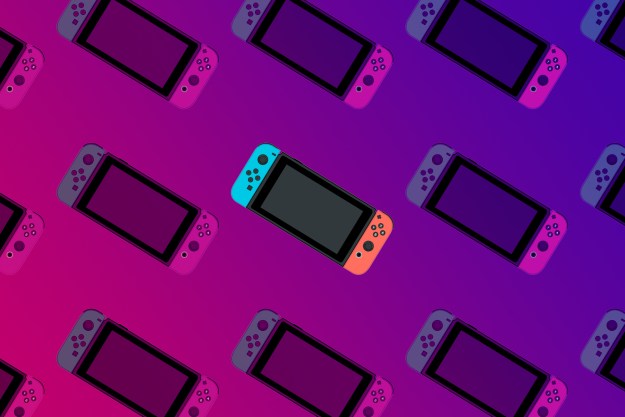To the untrained eye, Oculus’s decision to stop work on its Go headset to focus on the Quest may seem a sign of trouble for another VR company. But, in fact, it’s the smartest move it could make and a sign that Oculus is gearing up for a bright future.
The Quest, quite simply, is a better product with the best qualities of the Go, and the ability to do more.
The Oculus Go was the Facebook-owned VR company’s first wireless headset. Its debut in 2018 came at a less-than-optimistic time for VR. Many critics and former-hopefuls alike panned the venture, ready to throw in VR with 3D and curved TVs, Google Glass, and other innovations no one asked for and no one wanted.
And while it was well-built, the Go was equally disappointing. It was a gimmicky entertainment device where you could watch videos in VR and play light games, but not much more. The Go’s limits also give it a short shelflife. The VR videos feel like a gimmick, awe-inspiring the first couple times and not worth the trouble shortly thereafter.
The Quest, however, was a turning point for Oculus.
A year after Go’s launch, Quest did what no other product at the time had thought of: Combine the ease of less-powerful headset with enough power to accomplish at least some of what the heavy-hitters could. Suddenly, you could play more demanding games and wind down with YouTube after. It didn’t have the clunky wires of PS VR or HTC’s Vive.
I’ve tried several VR and AR headsets only to find that the tangle of wires always stopped me from going back. My PS VR system goes unused despite my love of exclusive title Astro Bot.
The Quest took its impeccable design and added stellar features like hand tracking, which allowed you to forgo using a controller. It takes some getting used to, but the option gives VR an amazing new field of movement and interactivity. The link feature offered a cable to connect the Quest to a PC for the first time.
Oculus’s expansion of the function to allow for any compatible cable rather than a proprietary one made it comparable to the Vive, Rift, or Valve’s Index, which all require a PC hook-up to use.
This combination of accessibility and power makes it clear the Quest can fulfill the promise of the first VR true-believers: anyone can use it.
It has plenty to offer gamers, but like the wildly successful PlayStation 2, it merely uses gaming as a way into your household. Maybe the youngest would use the PS2 for gaming, but their parents could use the CD and DVD player.
The Quest-owner’s non-gaming friends and family have apps that allow you to do yoga, tai chi, meditation, YouTube, or the incredibly fun game Beat Saber.
Meanwhile, the audience for the Go remained ambiguous.
By 2020, it’s clear the gaming and commercial markets have kept VR alive. And for the latter, the Go and Quest’s user-friendly UI and form make it an excellent option for the wider population. But if the Quest has that and more, the obvious question for Oculus is “Why do both?”
Clearly Oculus has an answer. The Go proved a substantial wireless VR experience could be done, but the Quest has long-since surpassed it.
There’s nothing wrong with letting go of earlier prototypes once they’ve run their course, and it’s a promising sign for a company like Oculus to realize that rather than wasting resources. Innovation doesn’t mean arriving at the product of the future, it’s a quest to get there.
Editors' Recommendations
- It’s no gym. But VR fitness made sweating fun again
- Microsoft Flight Simulator latest mode doesn’t take full advantage of VR’s potential
- Oculus Quest 2 leak offers details on next-generation VR
- Why confidence in VR is rising — and Oculus Quest is to thank



